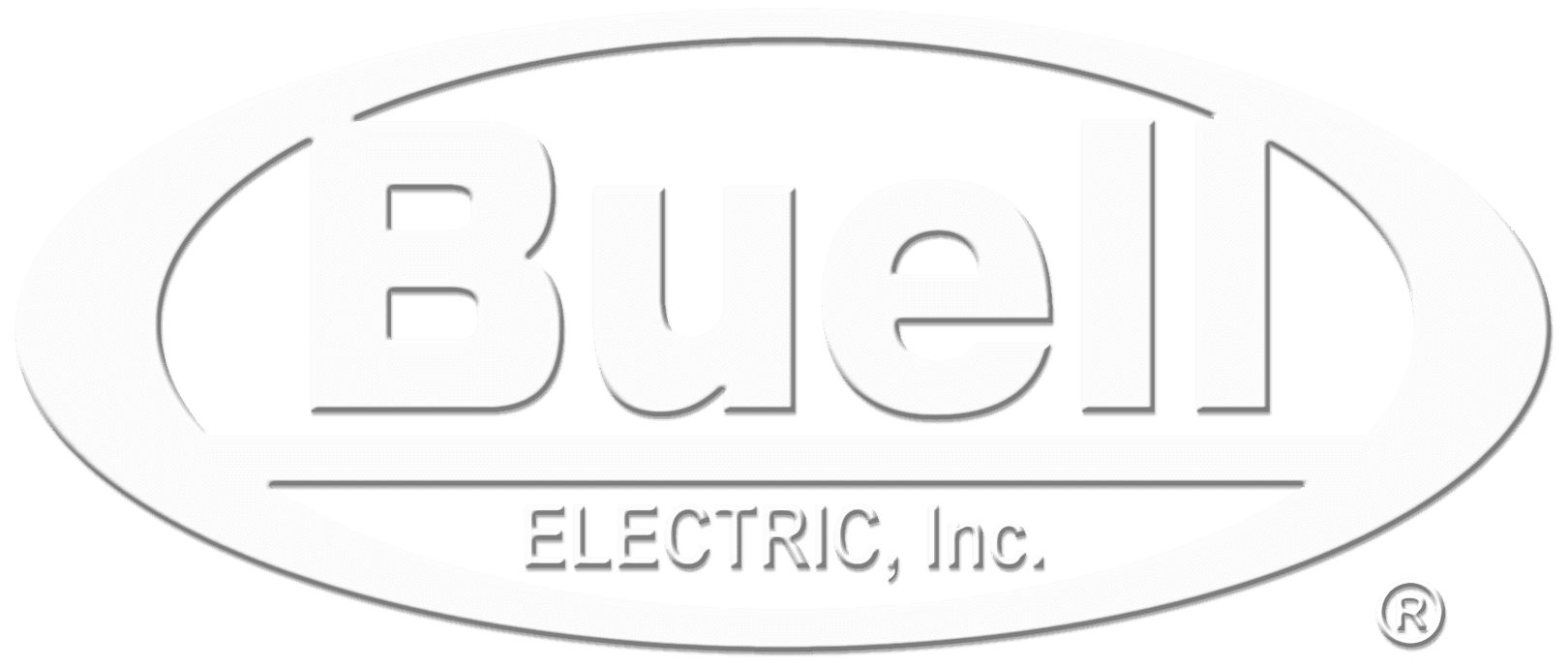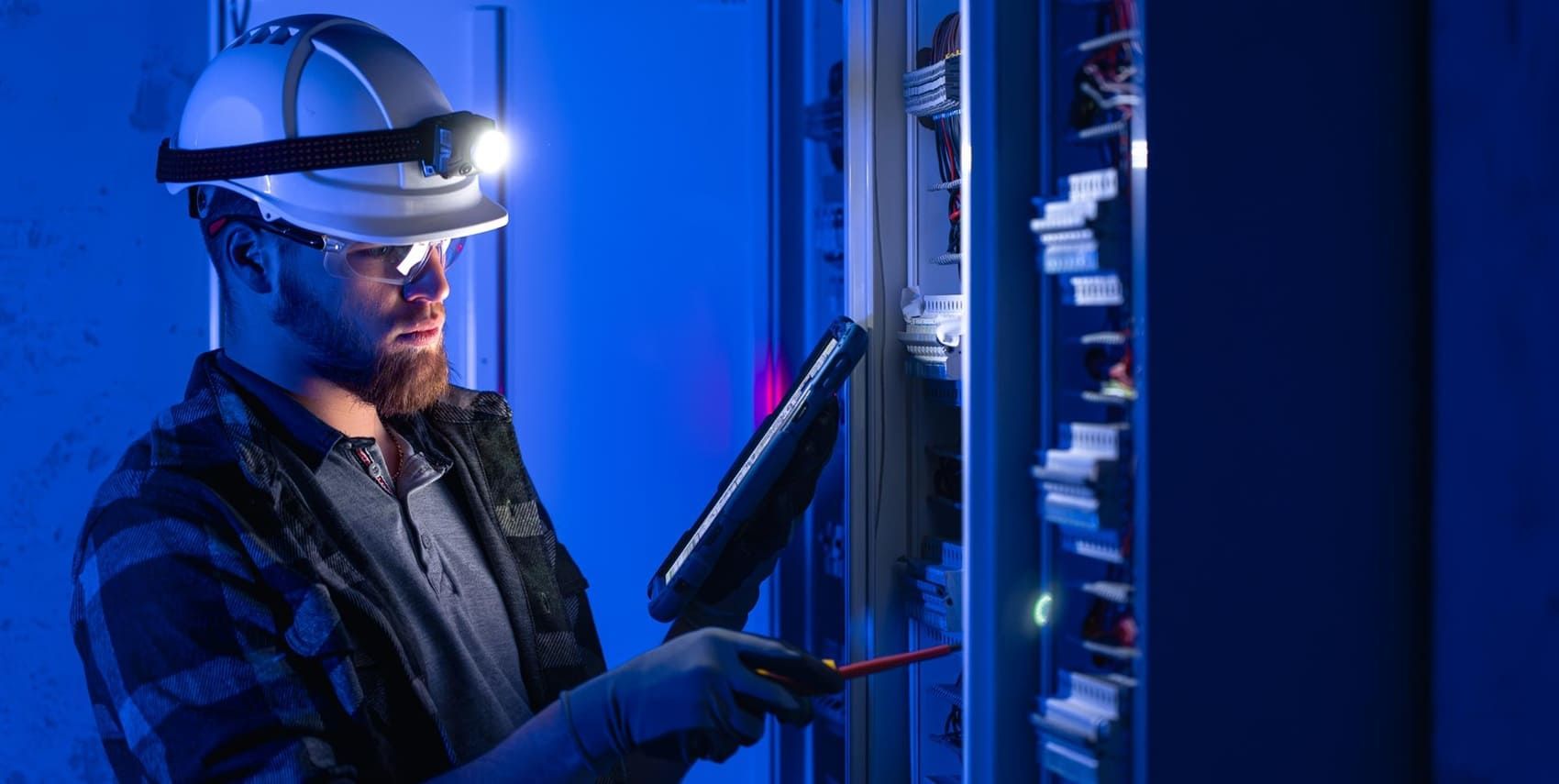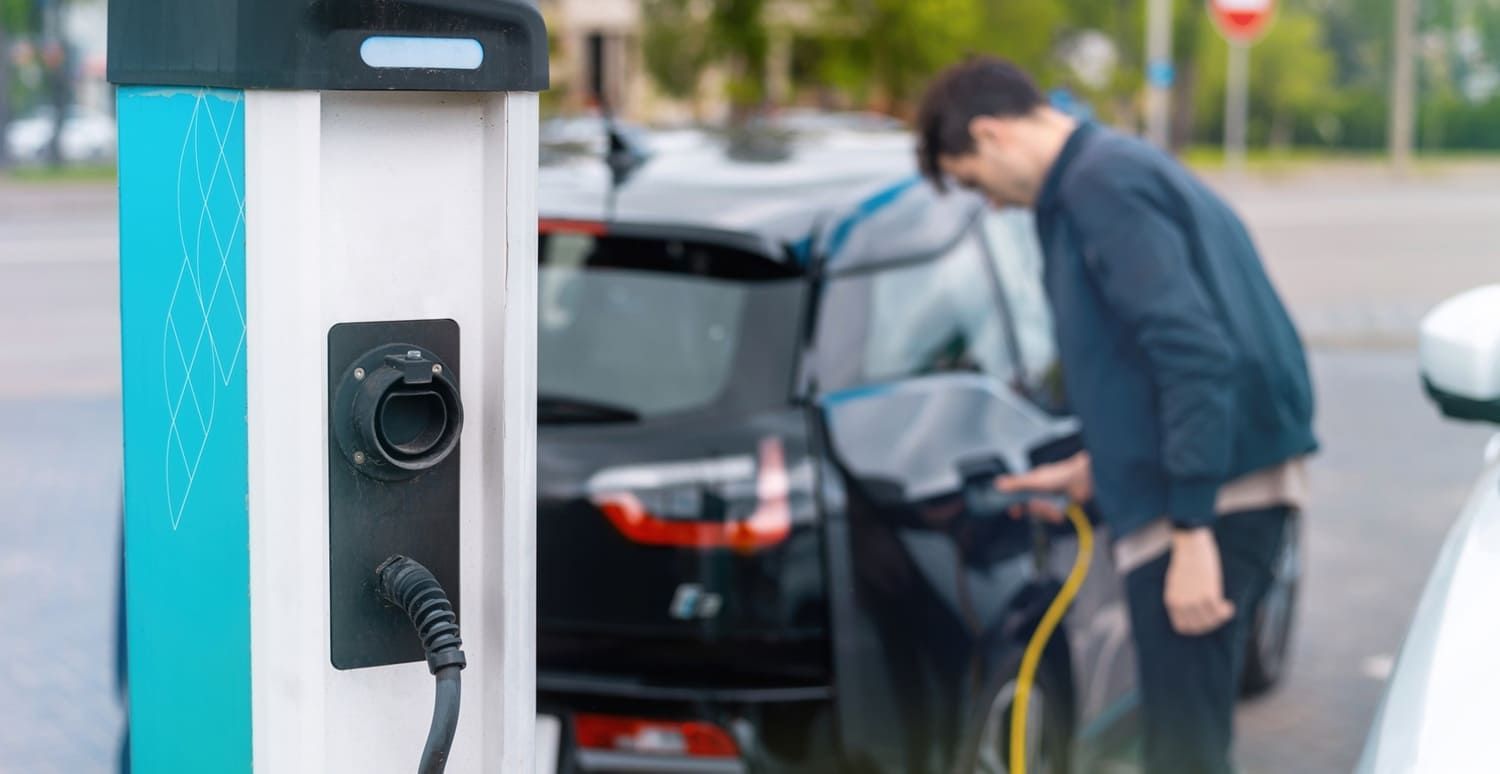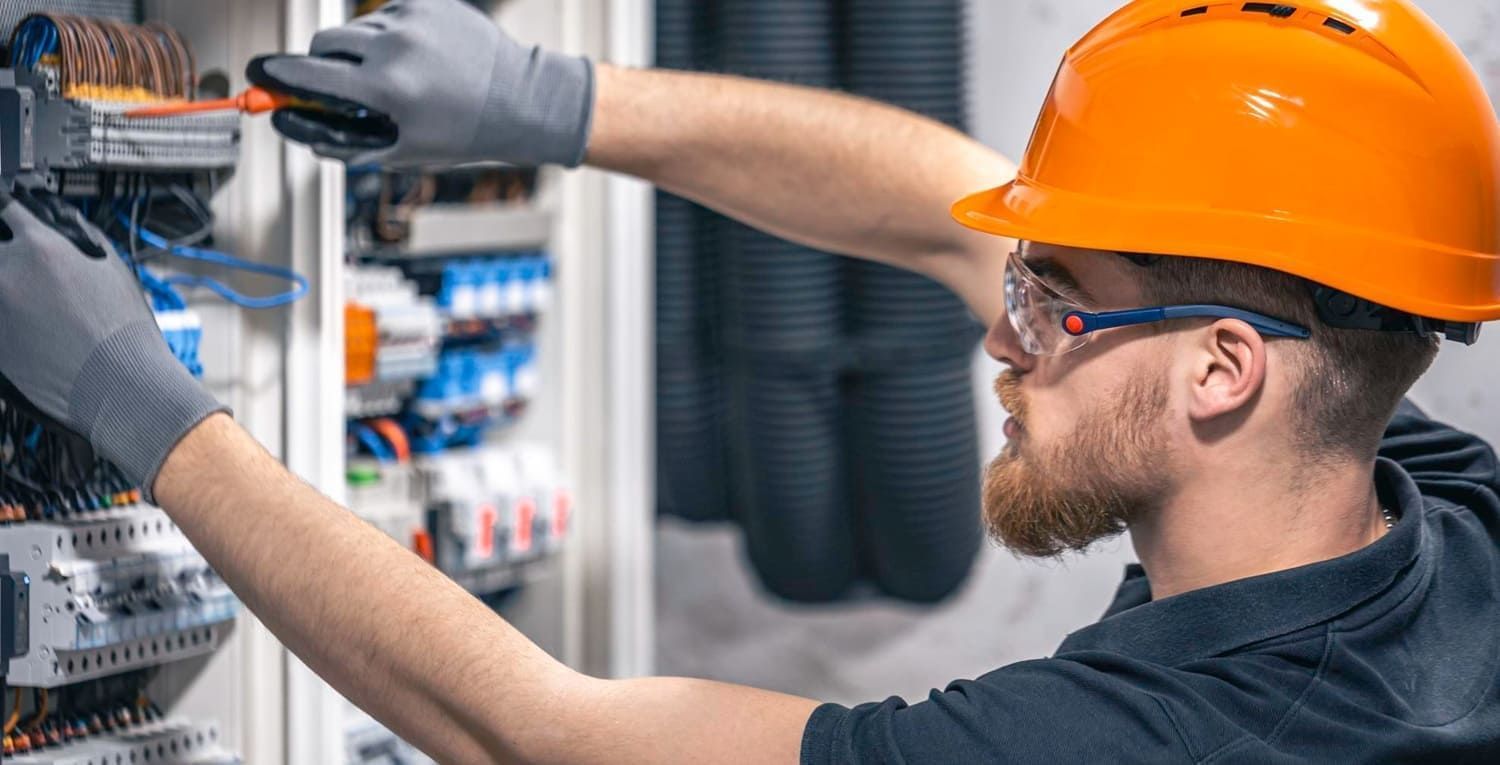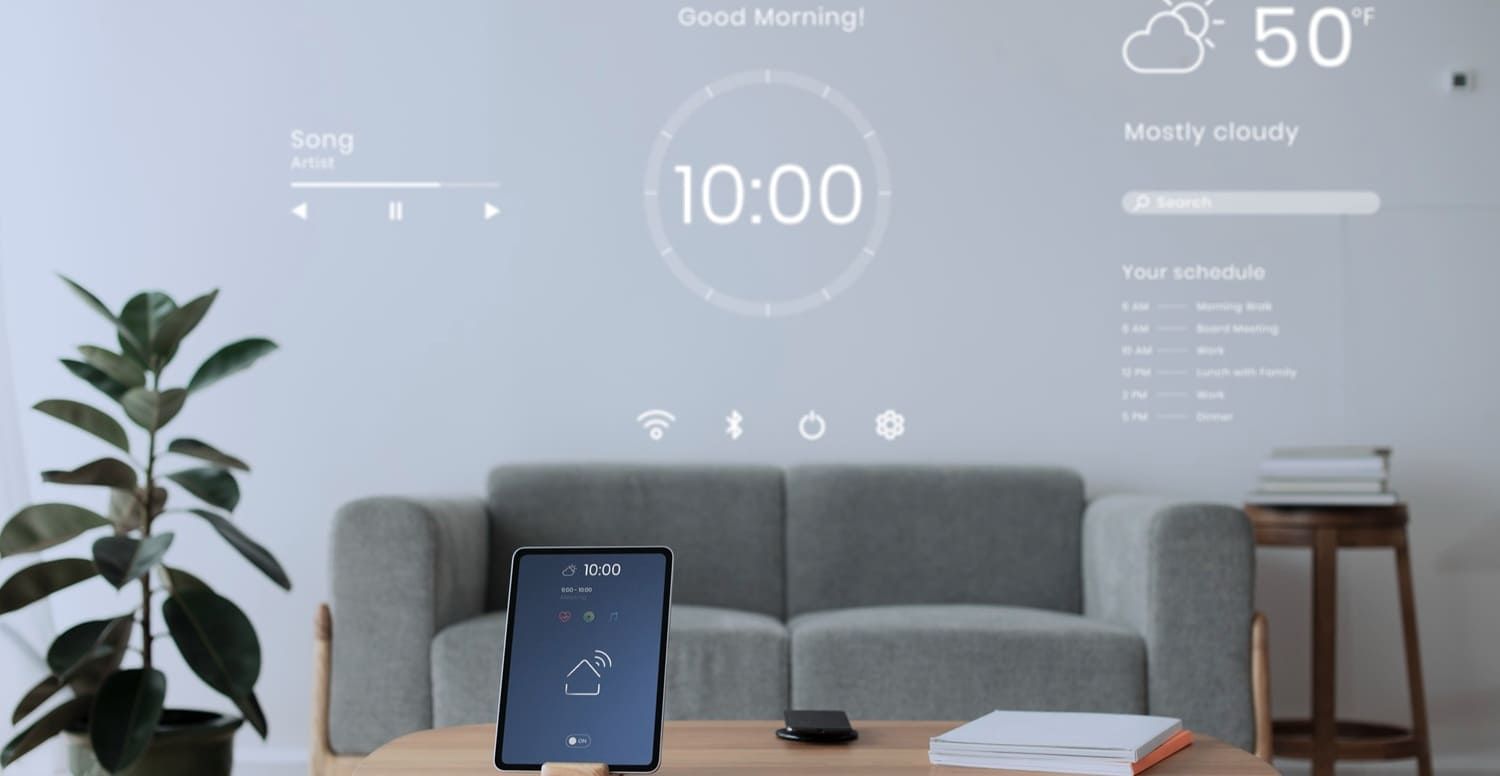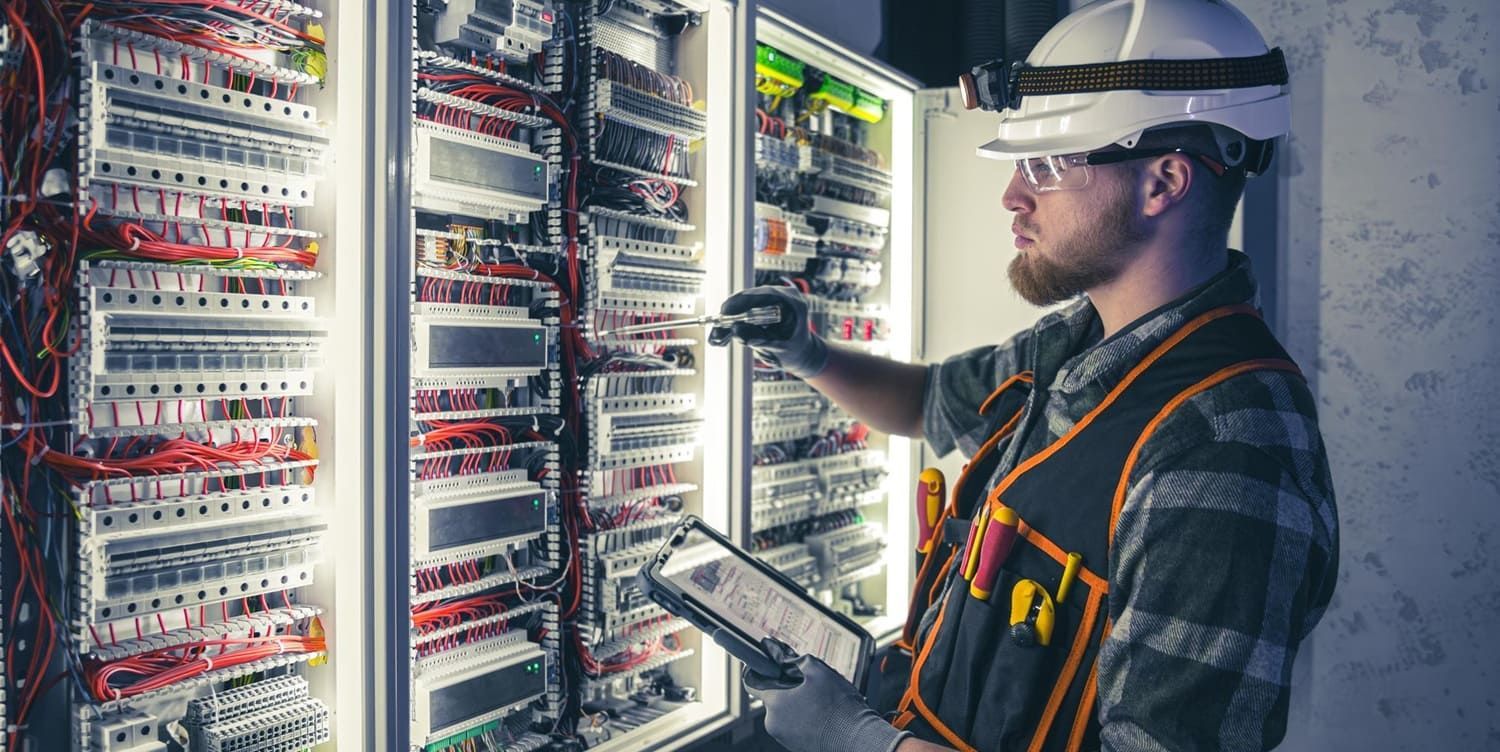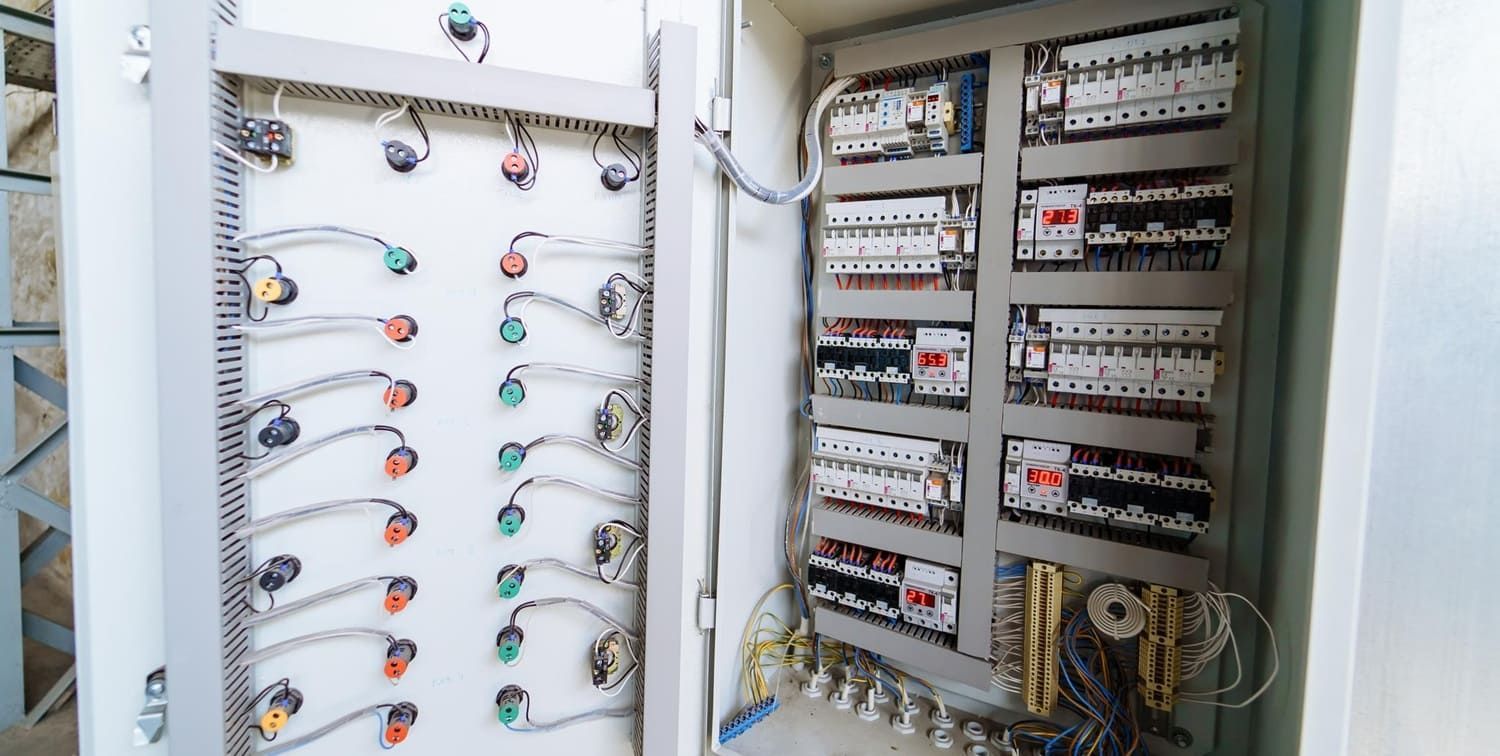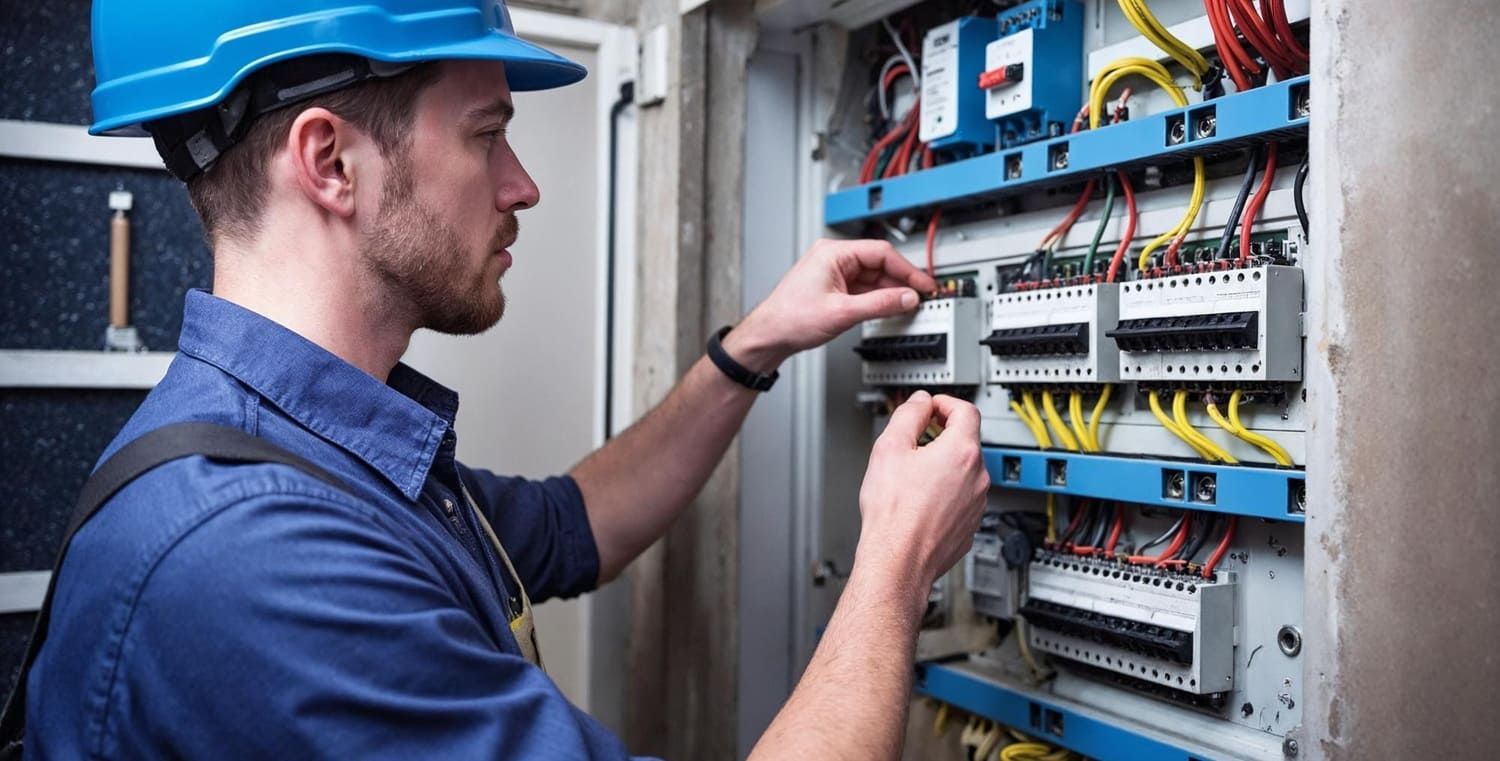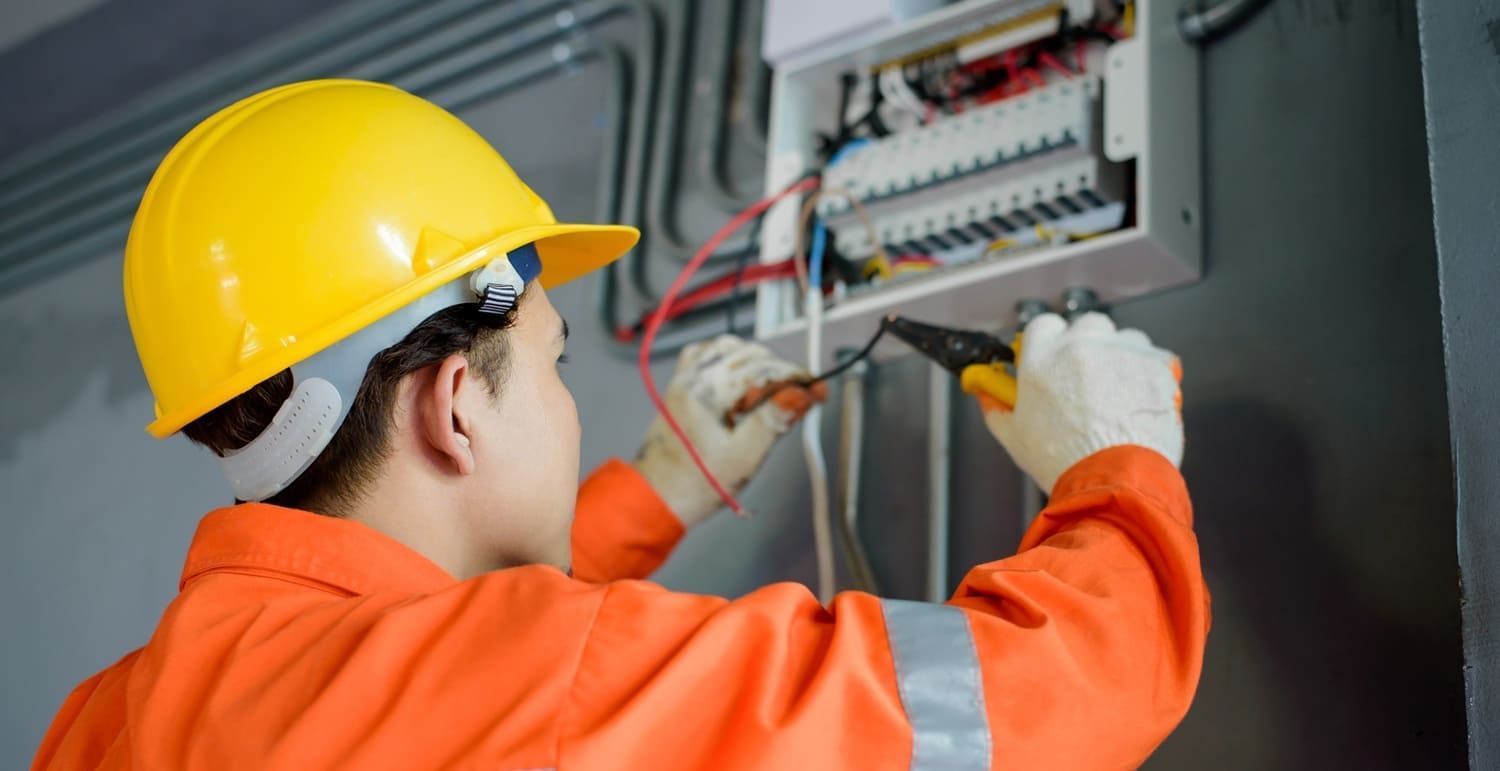Common Electrical Issues Found in Marine Systems
Marine electrical systems are vital for the safety and functionality of any vessel. They power everything from navigation lights to communication devices. However, these systems are prone to various issues.
Understanding common marine electrical issues is crucial for boat owners. It helps in identifying problems early and preventing costly repairs.
Corrosion, loose connections, and battery failures are frequent culprits. These issues can lead to electrical system failures if not addressed promptly.
Regular maintenance and inspections are key to avoiding these problems. A marine electrician near you can provide expert assistance.
Knowing when to seek professional help is essential. It ensures your boat remains safe and operational on the water.
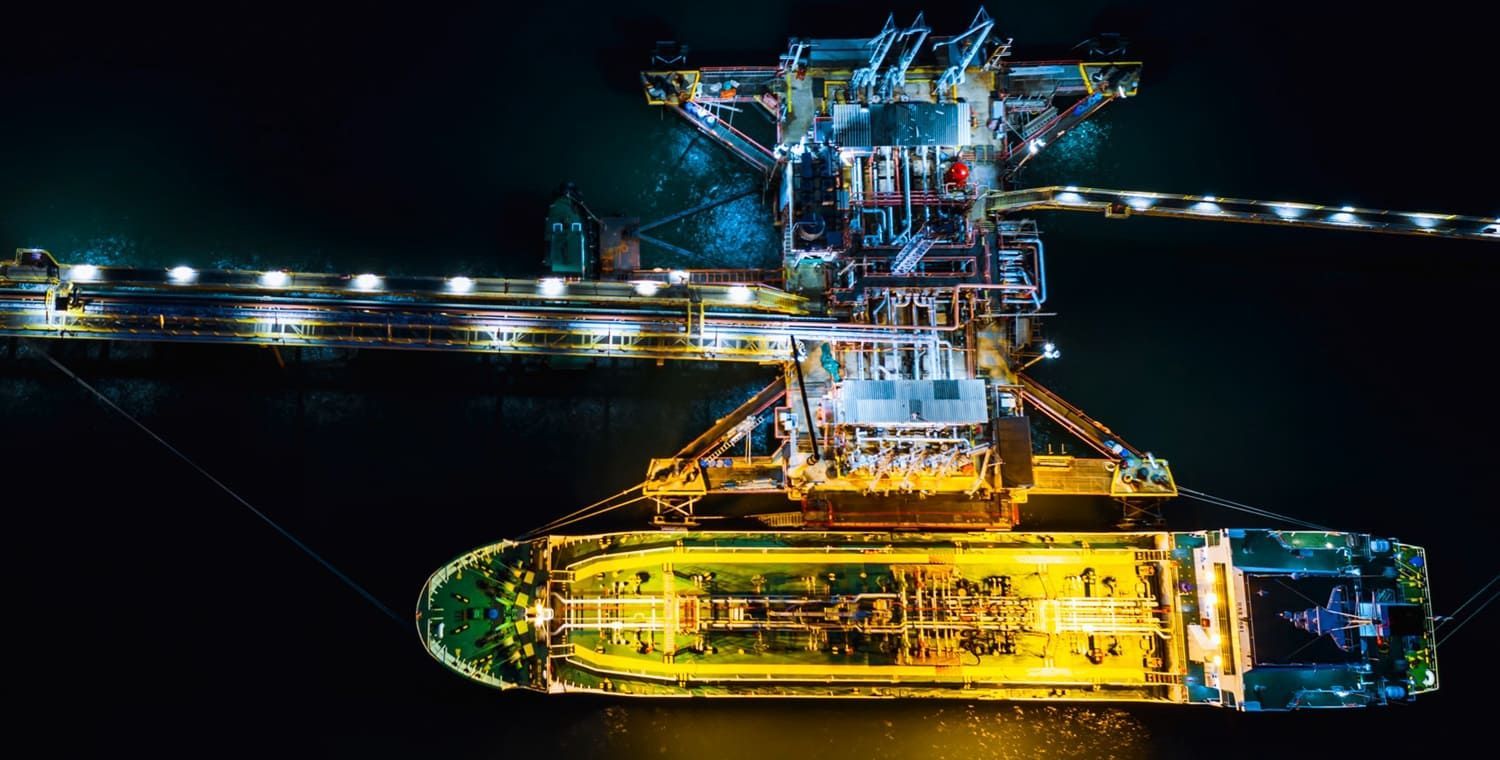
Understanding Marine Electrical Systems
Marine electrical systems are complex and different from land-based systems. They must withstand harsh conditions like saltwater and humidity. This environment can lead to unique challenges.
A typical marine electrical system involves numerous components. These include batteries, wiring, and circuit breakers. Understanding each part's function is critical for maintenance.
To help grasp the fundamentals, here’s a quick list:
- Batteries: Provide power for starting engines and running electronics.
- Wiring: Connects all electrical components.
- Circuit Breakers: Protect against overloading and short circuits.
Marine systems may include both AC and DC power. Knowing the difference helps in troubleshooting. Familiarity with your boat's schematic aids in identifying issues quickly. Regular checks of these systems can prevent emergencies.
Signs and Symptoms of Marine Electrical Issues
Identifying symptoms early can prevent major failures. Even small signs can indicate significant problems. Regular monitoring is essential for safety.
Common symptoms of electrical issues include flickering lights and odd noises. These are often early warnings of a malfunction. Ignoring them can lead to more severe consequences.
In some cases, you may notice burning smells. This indicates overheating or poor connections. Immediate attention is necessary to avoid damage.
Here are key symptoms to watch for:
- Flickering or dimming lights
- Unusual noises from electrical systems
- Burning smells near electrical components
- Unresponsive electronic devices
- Frequent tripping of circuit breakers
Being aware of these symptoms helps in timely diagnosis. Early intervention can save time and money.
Most Common Electrical System Failures on Boats
Marine electrical systems are complex, and failures can arise from several sources. Understanding common issues can aid in prevention and quick diagnosis. These failures may disrupt your boating experience.
Electrical system failures often stem from ignored maintenance. Simple inspections can prevent many problems. Taking proactive steps can extend system longevity.
Common failures include corrosion from saltwater exposure. Moisture intrusion is another frequent cause. Both can significantly degrade electrical components over time.
Battery issues are prevalent. Marine batteries face unique challenges, such as sulfation and improper charging practices. Addressing these can improve battery life.
Faulty wiring due to age or improper installation poses significant risk. Loose connections can lead to malfunction. Such issues are preventable with regular checks.
Circuit overloads can trip breakers. This causes sudden power loss. Understanding load capacity is essential to avoid this common issue.
Grounding problems can cause shocks or equipment damage. Proper bonding systems are critical. Regular inspections can identify potential grounding issues.
In summary, being aware of these failures can help maintain a safer boating environment. Regular maintenance and understanding of these issues provide peace of mind on the water.
Corrosion and Moisture Intrusion
Corrosion is a frequent marine problem. Saltwater accelerates the corrosion process, damaging electrical components. Regular cleaning and protective coatings can help.
Moisture intrusion is another significant concern. Water can seep into electrical systems through small openings. This leads to short circuits and failures.
Prevention involves sealing openings and using waterproof components. Regular inspections can detect early signs of moisture problems, saving costly repairs later.
Battery Problems and Charging Issues
Batteries are vital for boat functionality. Common issues include sulfation and poor charging practices. Both can decrease battery life and reliability.
Proper charging techniques are crucial. Use marine-grade chargers to ensure correct voltage. Avoid complete discharge to extend battery life.
Regular battery inspections can catch issues early. Testing should include checking terminals for corrosion and ensuring a stable charge. Early detection prevents bigger problems.
Faulty Wiring and Loose Connections
Wiring faults are dangerous in marine environments. Age and poor installation are major causes. Regularly inspect wiring for wear or damage.
Loose connections are common and often overlooked. They can lead to intermittent failures and increased fire risk. Tightening connections can mitigate problems.
It's essential to use marine-grade wiring. This ensures resistance to salt and moisture, reducing potential failure points in the system.
Overloaded Circuits and Breaker Trips
Overloading circuits is a frequent issue. This happens when devices exceed the electrical system's capacity. Understanding load limits is vital.
To prevent trips, distribute the load wisely:
- Ensure circuits are not overloaded.
- Use energy-efficient devices.
- Regularly check the load against your system's capacity.
Circuit breakers protect the system by tripping under stress. If tripping is frequent, it's time to assess load distribution.
Grounding and Bonding Issues
Grounding problems pose serious risks. They can lead to electrical shocks and damage. Ensure your system has proper grounding.
Bonding connects metallic parts of the system. It's crucial for preventing stray current corrosion. Regular inspections ensure integrity.
Here's what to check:
- Look for signs of wear in grounding wires.
- Verify connections in bonding systems.
- Ensure no corrosion at grounding points.
Proper grounding and bonding protect against failures and enhance safety. Prioritize these checks in regular maintenance routines.
Troubleshooting Marine Electrical Problems
Troubleshooting marine electrical issues requires patience and a systematic approach. Begin by identifying any symptoms present. These can provide clues about underlying problems.
Start by checking visible components and connections. Loose wires or corrosion are common culprits. Regular visual inspections can catch these early.
Use a multimeter for more accurate diagnostics. This tool helps assess voltage and continuity. It can identify whether a component is faulty.
Here's a quick troubleshooting checklist:
- Inspect all visible wires for damage.
- Test battery voltage and charge status.
- Check circuit breakers for trips.
- Verify connections to ensure they're secure.
If problems persist, consult your boat’s electrical schematic. Understanding the layout aids in pinpointing issues. If the issue is complex, consider consulting a marine electrician.
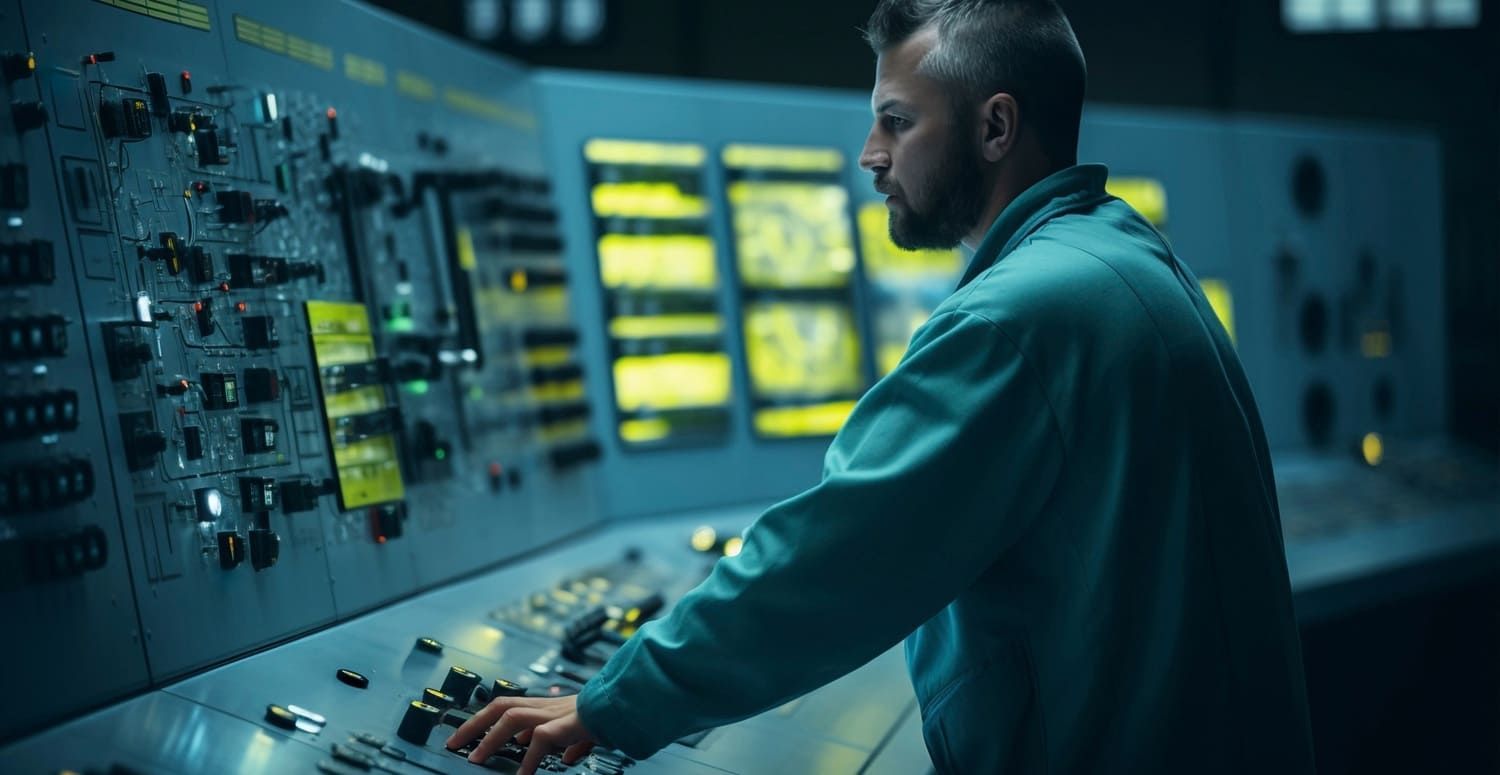
Preventive Maintenance for Marine Electrical Systems
Preventive maintenance is key to avoiding costly repairs. Regular checks can catch issues before they escalate. Routine upkeep protects your boat's systems.
Begin with visual inspections. Look for signs of wear or corrosion. Verify that wiring insulation is intact. Rust is a signal for attention.
Make cleaning a habit. Removing salt deposits reduces corrosion risk. Ensure electrical connections stay clean and dry.
Incorporate this checklist into your routine:
- Regularly inspect electrical connections.
- Schedule battery tests and maintenance.
- Clean and lubricate electrical contacts.
- Check for any unusual smells or sounds.
Utilize marine-grade components during repairs. They last longer and withstand harsh sea conditions. Staying proactive significantly boosts the reliability of your electrical system.
When to Call a Marine Electrician Near Me
Sometimes, professional help is necessary for complex issues. Identifying when to call a marine electrician can prevent worsening problems and ensure safety.
Look for persistent symptoms that defy basic troubleshooting. Recurring electrical failures are a strong indicator. Recognizing when expertise is needed is critical.
Consider calling an electrician if you experience:
- Unresolved power loss or flickering lights
- Frequent tripping of breakers
- Suspected faulty wiring or corrosion
Expert help can provide peace of mind. It ensures your boat's electrical system runs smoothly and safely.
Tips for Choosing a Qualified Marine Electrician
Choosing the right marine electrician ensures quality and safety. Look for certified professionals with experience in marine electrical systems. Verify their credentials and ask for references.
It's essential to consider the following when selecting a marine electrician:
- Check for relevant certifications and licenses
- Inquire about their experience with similar boat models
- Ask for customer reviews and feedback
A good marine electrician will have a proven track record. They should also offer clear estimates and communicate effectively. Picking a reputable professional can save future headaches.
Essential Tools and Safety Practices for Boat Owners
Having the right tools on board is vital for addressing marine electrical issues. A well-stocked toolkit can help you manage minor problems and perform routine maintenance safely.
Essential tools and safety practices include:
- A multimeter for testing voltage and continuity
- Insulated tools to prevent electrical shocks
- A diagram of your electrical system
- Marine-grade wire and connectors for repairs
Practicing safety while working on electrical systems is crucial. Turn off power to circuits before starting work. Regularly check and maintain your tools to ensure they are in good condition.
Conclusion: Protecting Your Boat from Electrical Failures
Addressing marine electrical issues proactively enhances safety on the water. Routine checks and timely repairs prevent bigger problems.
Partnering with a reliable marine electrician ensures your boat remains in top condition. Their expertise helps you navigate complex systems with confidence, allowing you to enjoy your time at sea without worry.
Buell Electric, Inc. — proudly serving Pinellas County, Hillsborough County, and Pasco County. Servicing Florida Cities of Tampa, Clearwater, Saint Petersburg, Largo, Port Richey, New Port Richey, Seminole, Tarpon Springs, Hudson, Holiday, Lutz, Pinellas Park, Belleair Beach, Dunedin, Oldsmar, Ozona, Elfers, Bay Pines, Crystal Beach, Safety Harbor, Odessa, Clearwater Beach, Westchase, Citrus Park, Town 'n' Country, and surrounding Florida areas. Contact us today for a free estimate.
FAQs About Common Electrical Issues in Marine Systems
What are the most common electrical issues in marine systems?
The most common problems include corroded connections, faulty wiring, battery failures, blown fuses, and charging system malfunctions.
Why is corrosion such a big issue in boats?
Saltwater and moisture accelerate corrosion, which weakens connections, increases resistance, and can cause power loss.
Can bad wiring cause major failures in marine systems?
Yes, poor-quality or damaged wiring can lead to short circuits, overheating, or even electrical fires on boats.
Why do marine batteries fail so often?
Marine batteries face constant vibration, deep cycling, and exposure to humidity, which shortens their lifespan if not maintained.
How can I tell if my boat’s battery is failing?
Signs include difficulty starting engines, dim lights, weak electronics, and frequent need for recharging.
Are blown fuses a sign of a serious problem?
Sometimes. While a blown fuse may result from temporary overloads, repeated failures indicate underlying wiring or component issues.
Why do charging systems fail on boats?
Alternators and regulators often fail due to corrosion, overheating, or poor maintenance, leaving batteries undercharged.
Do marine electrical issues affect navigation systems?
Yes, faulty wiring or low voltage can disrupt GPS, radios, radar, and other critical electronics.
Can water intrusion cause electrical failures?
Yes, water leaks or condensation inside panels and connectors can short out systems and damage equipment.
Why are grounding issues dangerous in marine systems?
Improper grounding can cause electrical shocks, equipment damage, or stray current corrosion on metal hulls.
How do I prevent electrical fires on my boat?
Use marine-grade wiring, check connections regularly, and install circuit protection like breakers and fuses.
Can overloading circuits damage marine systems?
Yes, plugging in too many devices can overheat wiring and trip breakers, stressing the system.
Why do lights dim when I run multiple systems on my boat?
This usually means the battery or alternator cannot handle the load, or there’s voltage drop from poor wiring.
Is DIY electrical work safe on boats?
Not always. Marine systems require specific wiring standards, and improper work can risk safety and reliability.
How often should marine electrical systems be inspected?
At least once a year, or before long trips, to ensure batteries, wiring, and connections are in good condition.
What’s the best way to protect wiring from corrosion?
Use tinned marine-grade wire, waterproof connectors, and protective coatings on terminals.
Can old boats have hidden electrical problems?
Yes, aging vessels often suffer from outdated wiring, brittle insulation, and corroded connectors that need replacement.
Do inverters and onboard chargers commonly fail?
Yes, especially if exposed to moisture or overloaded; proper installation and ventilation help extend lifespan.
What’s the most important step to avoid marine electrical issues?
Regular maintenance, including cleaning connections, checking battery health, and inspecting wiring, is the best way to prevent failures.


